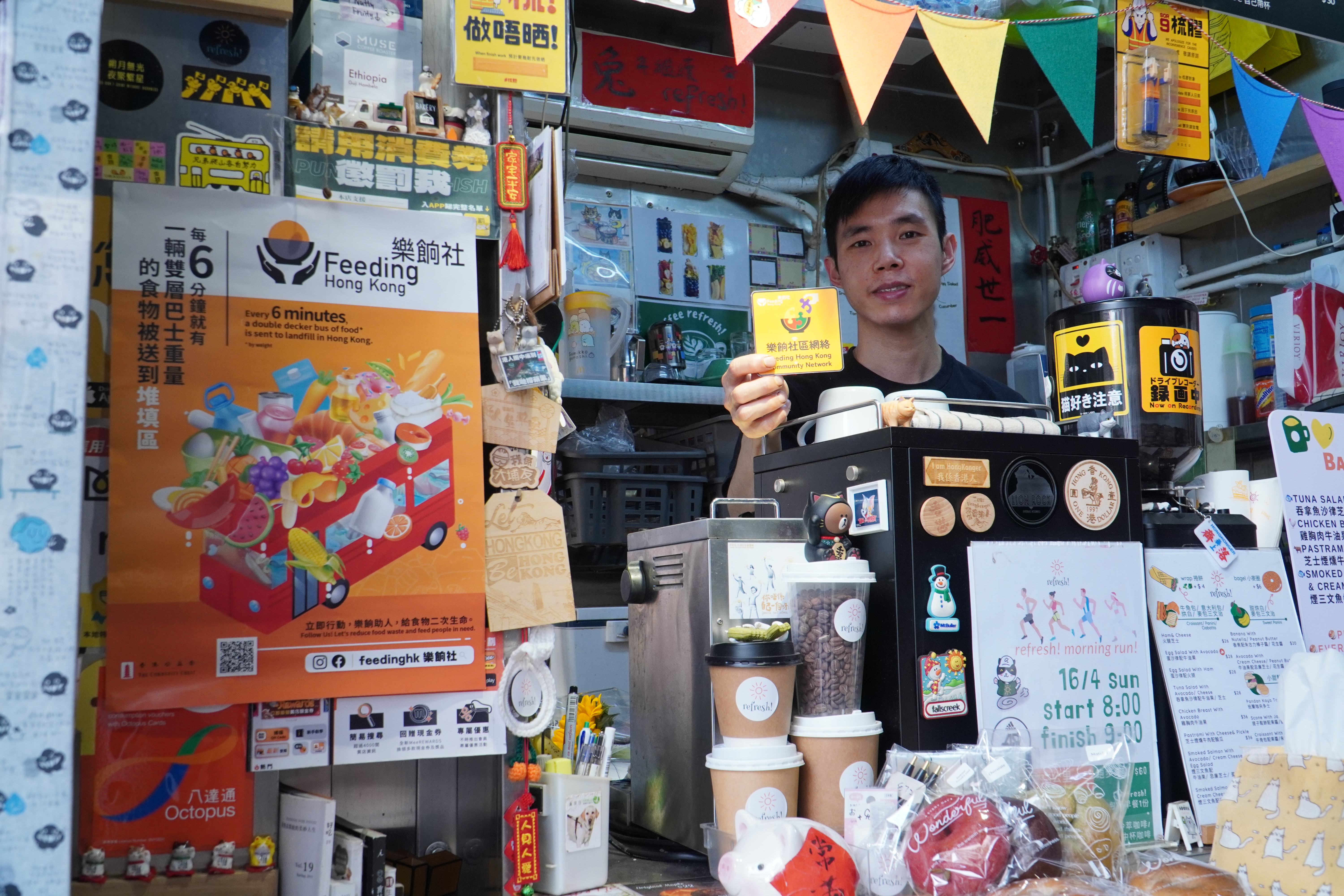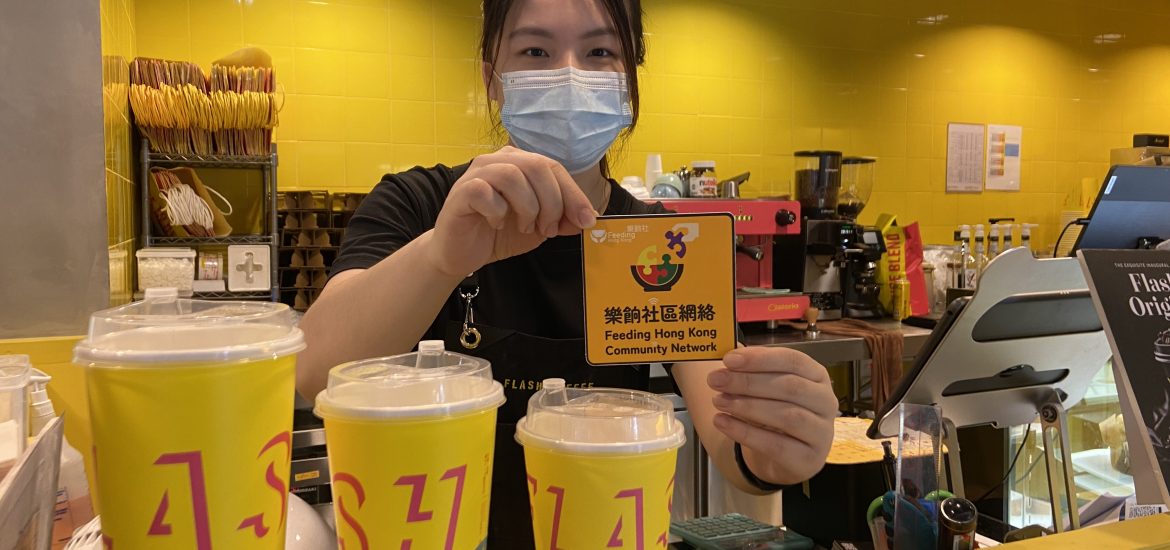Hong Kong is roaring back to life. The strict lockdowns of COVID are a distant memory, and most people out and about prefer to focus on their future rather than talk about the past few years. One can see the streets alive and the road bustling once more: it is a welcome partial return to normality. Impermanence is our watchword but some things persist stubbornly. The city still lives with poverty that is relatively widespread for one of the world’s richest and most livable cities. The most optimistic among us have always believed that wealth generation and a civilized concern for those shut out from society’s opportunities were not mutually exclusive. Yet according to Oxfam, 23.6 per cent of Hong Kong’s population live in poverty. This means that there are 1.6 million poor people in Hong Kong – a substantial number.
On this year’s Earth Day of 24 April, Feeding Hong Kong seemed to unite two interconnected purposes: to raise awareness about just how much food we are wasting, and how much of it can go to alleviating, at least from an everyday, real-life perspective, the food insecurity suffered by hundreds of thousands of impoverished Hongkongers. Feeding Hong Kong is the Asian hub’s sole accredited member of the Global Food Banking Network, an international non-profit dedicated to creating and strengthening food bank networks.
Gabrielle Kirstein, founder of Feeding Hong Kong, said in a press release: “In Hong Kong, one-fifth of the locals live in poverty and are encountering food insecurity.” Many of these people are homeless or live in housing that can barely be called a home. Since the late 2010s, images, documentaries, and YouTube videos of sub-divided apartments went viral on social media, becoming infamous examples of inequality around the world.

Hong Kong has also been relatively slow to take up green concepts – even though EVs are becoming more prominent thanks to conglomerates putting their weight behind the industry, the COVID era of buying packaged food only highlighted the city’s culture of waste and disposability. Tonnes of food are still thrown out when it could be put to perfectly good use helping the disadvantaged.
The campaign this year, which goes by the social media hashtag “#CAN5CAN,” brought together 14 food brands, restaurants and food delivery platforms (including PizzaExpress, Deliveroo, Flash Coffee, and more) into the Feeding Hong Kong Community Network. Furthermore, Feeding Hong Kong has provided 16 collection points for the public to donate surplus food, encouraging a culture of giving away food before throwing it away.
To coincide with Earth Day on the 24th, #CAN5CAN invited households across platforms like Twitter, Facebook, and Instagram to donate 5 canned foods (within their shelf-life) from their homes, and nominate 2 to 3 more peers on social media to join in. This challenge aimed to promote an attitude of using it or giving it away to those who could do with it. The campaign attempted to replicate the theme of 2023’s Earth Day celebration, “Invest in Our Planet,” which must begin at the smaller scale, local level to have any kind of impact.

Hong Kong always has had a food waste problem, and it is growing, fuelled by a growing population and the habits cultivated during several years of lockdown. The Environmental Protection Department’s recent report on municipal waste noted that of the 3,400 tonnes of daily local food waste generated, 68 per cent came from households, and 32 per cent from companies and restaurants. This is a relatively even spread of responsibility that the entire Hong Kong community could be said to share.
What is needed, Feeding Hong Kong proposes, is a collective change in the actions of individuals and eateries, but also companies leading the way in sustainable food management. Ms. Kirstein noted: “Through this Community Network Program, we hope to raise the public’s awareness on existing food waste issues and encourage the community to start practicing a sustainable eating lifestyle. We hope to educate the public about the importance of making small changes to day-to-day actions and how individual contribution does matter.”
Poverty and waste are not natural destiny. The government can certainly provide more practical tools to alleviate economic difficulty, as it demonstrated so decisively with the decently generous consumption vouchers over the past two years. That is simply a matter of political willpower. But encouraging households and businesses to manage food waste better is much more complicated and a longer-term educational initiative. The interconnection between waste and poverty is something that Feeding Hong Kong is teasing out. If the causes and conditions can be identified, the solution will reveal itself.


